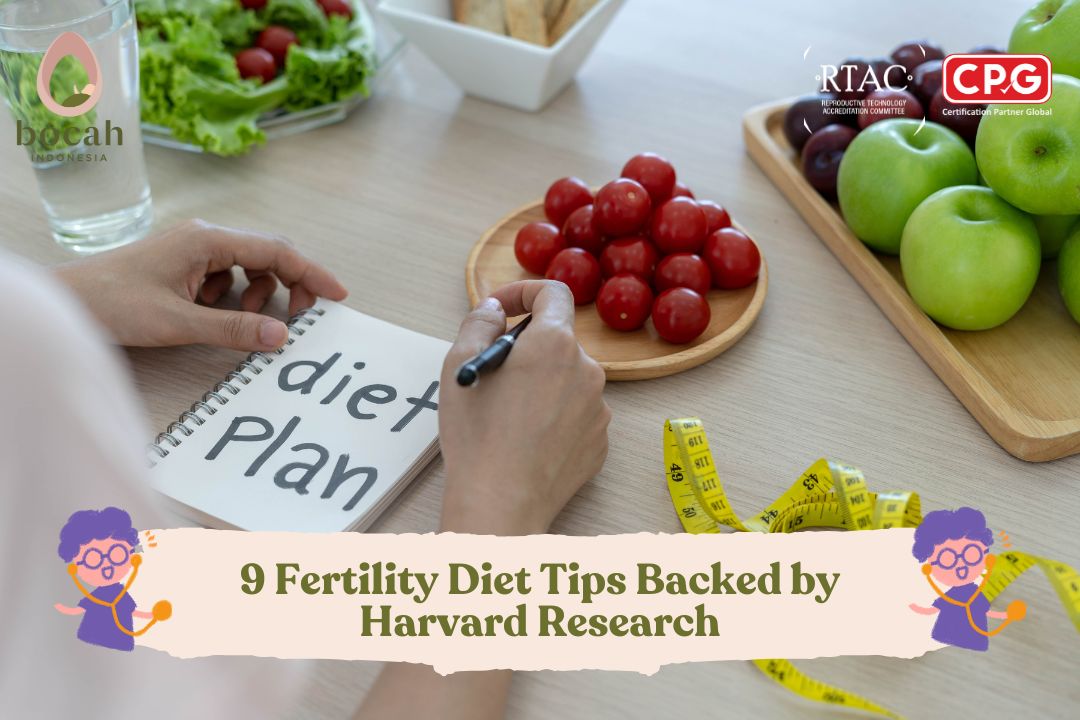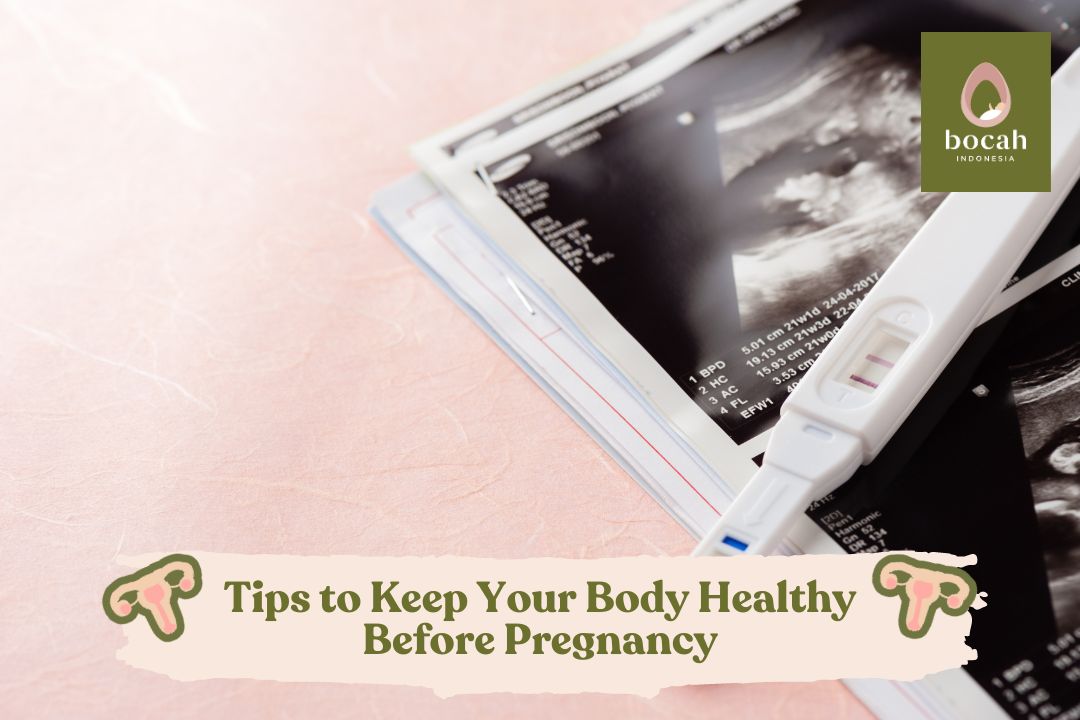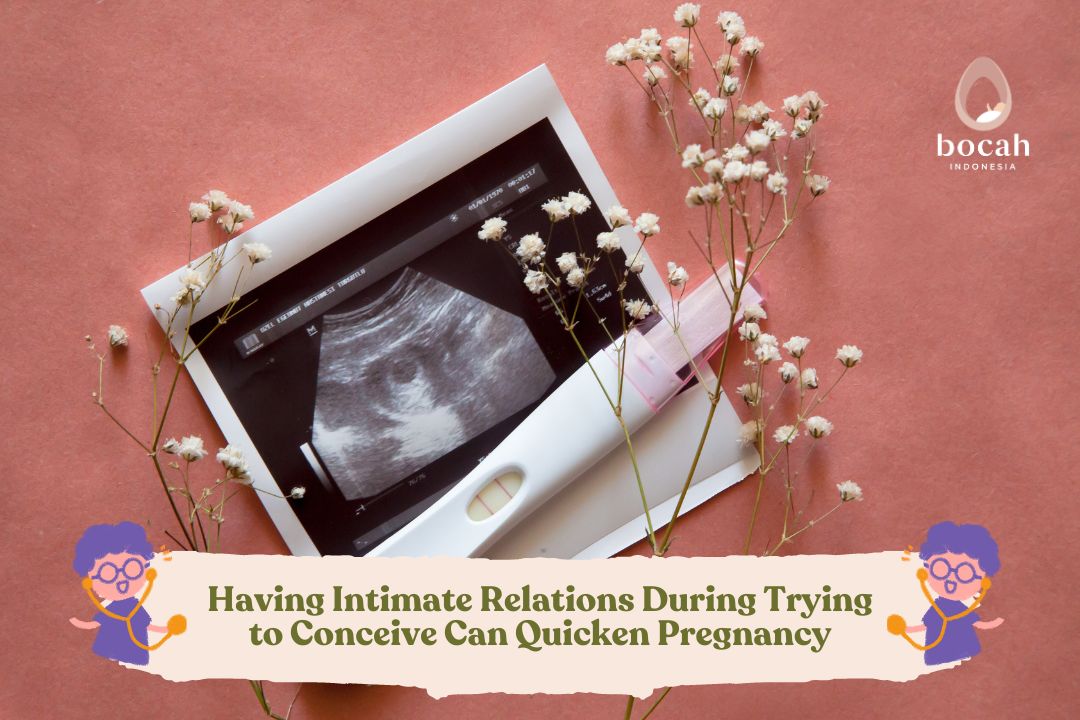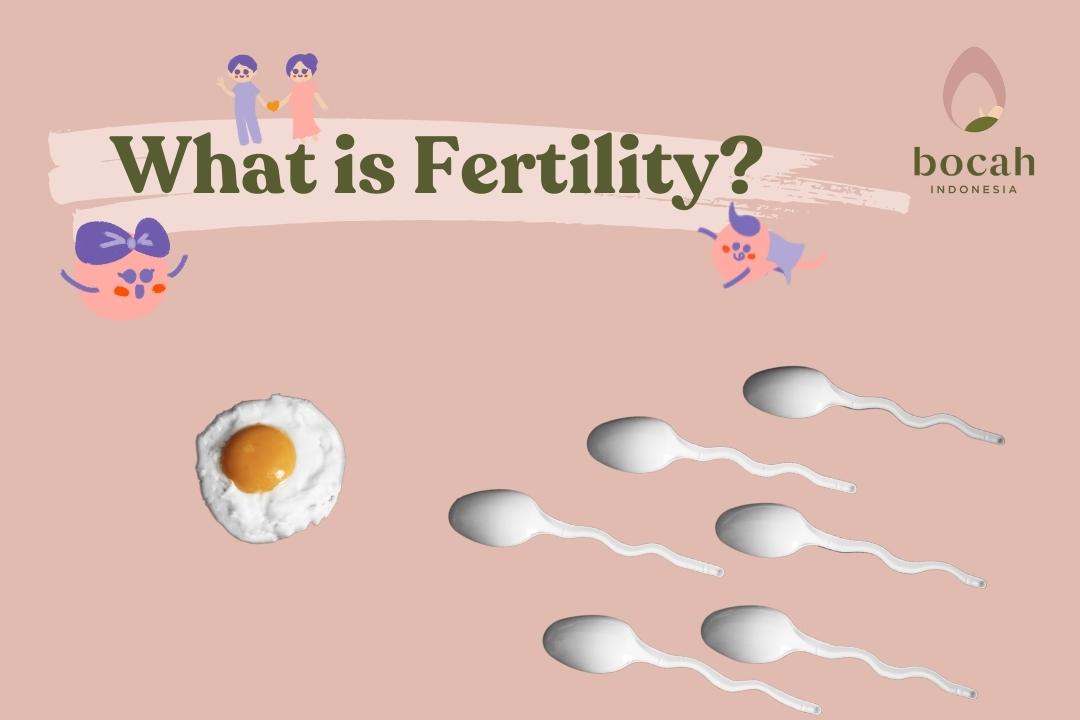Tips for Choosing Organic Food for Fertility
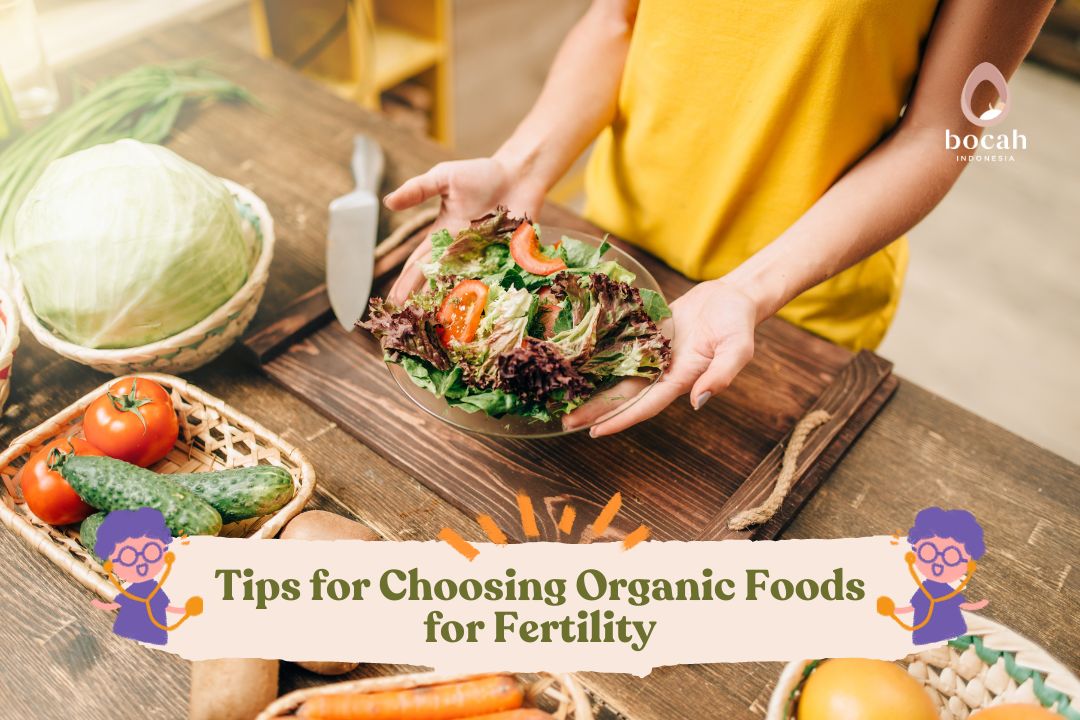
Organic food is claimed to be healthier than regular food. Therefore, couples who are undergoing a pregnancy program are advised to consume organic food.
Have you ever consumed organic food? Organic food refers to food produced naturally or without the use of chemicals, genetic engineering, or added compounds. However, this doesn’t mean that organic food is completely free of chemicals. There may still be pesticide residues, but the amount is lower compared to synthetic chemical products. People who consume organic food are often referred to as practicing clean eating.
For couples undergoing a pregnancy program, consuming organic food is recommended for optimal benefits.
Interesting Facts About Organic Food
Often claimed as healthy food, it’s no surprise that products categorized as “organic” are relatively expensive. However, many people prefer organic food over regular or non-organic options. Before you start consuming organic food, here are some interesting facts to consider:
1. Contains More Nutrients
One interesting fact about organic food is that it often contains more nutrients compared to other types of food. Some studies even suggest that organic foods are rich in antioxidants, micronutrients such as vitamin C, zinc, and iron.
Tanya Mincah tentang Promil?
2. Good for Health
Consuming organic food can have health benefits. According to Arcadia, a study showed that people who consume non-organic foods have up to a 62% higher risk of developing cancer compared to those who consume organic foods. Additionally, organic food can be beneficial for fertility. A study published in the journal Paediatric and Perinatal Epidemiology indicated that while consuming organic food may not significantly affect one’s ability to conceive, it can increase the chances of conception among those attempting pregnancy in less than three cycles.
3. Environmentally Friendly
Organic farming practices can reduce pollution, soil erosion, water usage, and enhance soil fertility. This is because organic farming does not use pesticides, making it better for the environment and wildlife near the farming area.
4. Not Always Healthy
Just because a food is labeled organic doesn’t necessarily mean it’s always healthy. For example, if you buy organic meat, it may still contain saturated fat. However, the meat was raised without synthetic chemicals. If a product is labeled as “organic,” it means it doesn’t contain harmful chemicals like pesticides. However, it doesn’t guarantee that the food is 100% nutritious.
Tips for Choosing Organic Food
There are no strict rules for couples undergoing a pregnancy program to consume organic food. However, it can be tailored to individual needs. To maximize the benefits, here are some tips for choosing organic food:
- It is recommended to buy fresh foods such as meat, fish, vegetables, and fruits.
- Don’t forget to read food labels carefully. Even if a product is labeled as organic, it may still contain excessive sugar, calories, and salt.
- Wash fruits and vegetables under running water. Before consuming or processing, it’s best to wash vegetables and fruits first to remove dust, dirt, bacteria, or chemical residues on the skin.
- If you want to reduce pesticide exposure, it is recommended to peel the skin off fruits and vegetables. Even though they have been washed, pesticide residues may not be completely removed. However, this method can also remove some nutrients.
These are some tips and interesting facts about choosing organic food that is good for health. Don’t forget to regularly check your fertility status.
Source:
- Weissert, SJ., et al. (2023). Organic food consumption and fecundability in a preconception cohort study of Danish couples trying to conceive. Paediatr Perinat Epidemiol. 2023 Jan;37(1):57-68.
- Brandt, K., et al. (2011). Agroecosystem Management and Nutritional Quality of Plant Foods: The Case of Organic Fruits and Vegetables. Critical Reviews in Plant Sciences, Volume 30, 2011 – Issue 1-2, Pages 177-197.
- Hunter, D., et al. (2011). Evaluation of the micronutrient composition of plant foods produced by organic and conventional agricultural methods. Crit Rev Food Sci Nutr. 2011 Jul;51(6):571-82.
- Asami, DK., et al. (2003). Comparison of the total phenolic and ascorbic acid content of freeze-dried and air-dried marionberry, strawberry, and corn grown using conventional, organic, and sustainable agricultural practices. J Agric Food Chem. 2003 Feb 26;51(5):1237-41.
- Holt, V. (2021). 13 Surprising Facts You Didn’t Know About Organic Food. Arcadia.
- Baranski, M., et al. (2014). Higher antioxidant and lower cadmium concentrations and lower incidence of pesticide residues in organically grown crops: a systematic literature review and meta-analyses. Br J Nutr. 2014 Sep 14;112(5):794-811.


